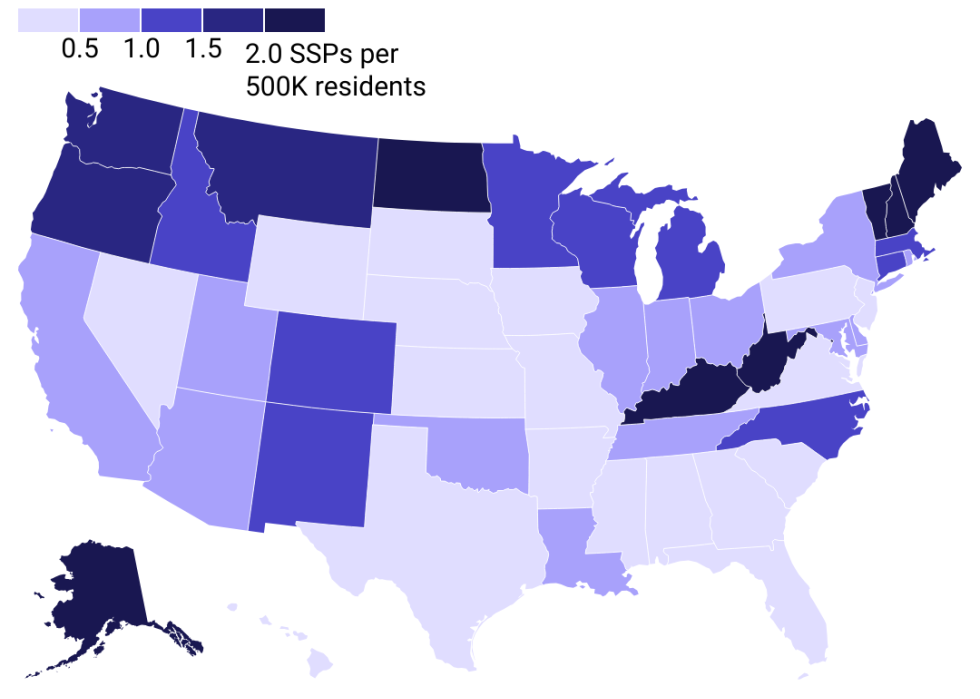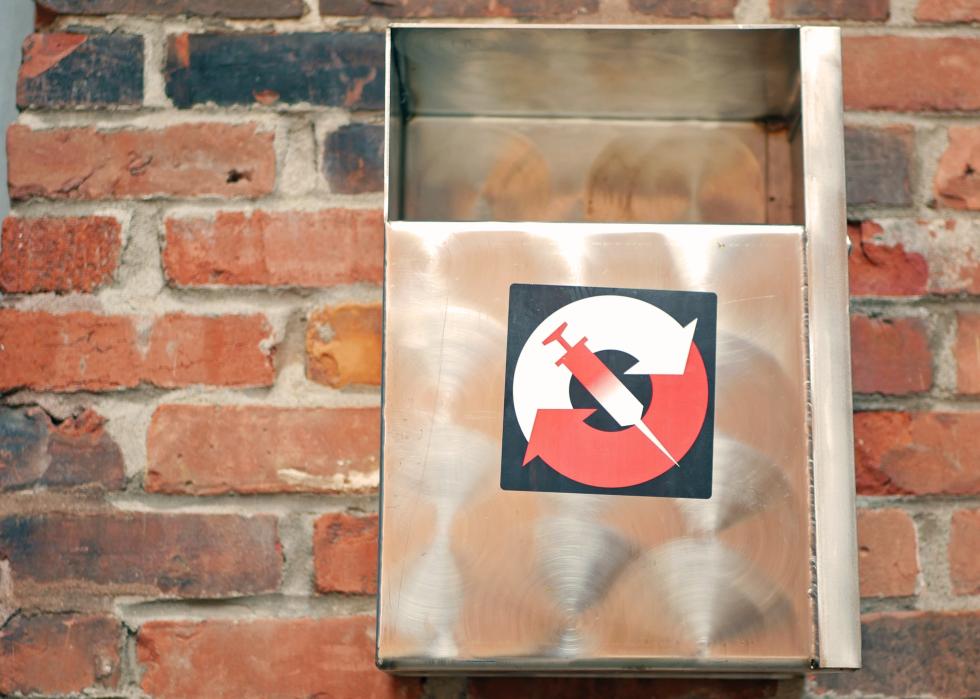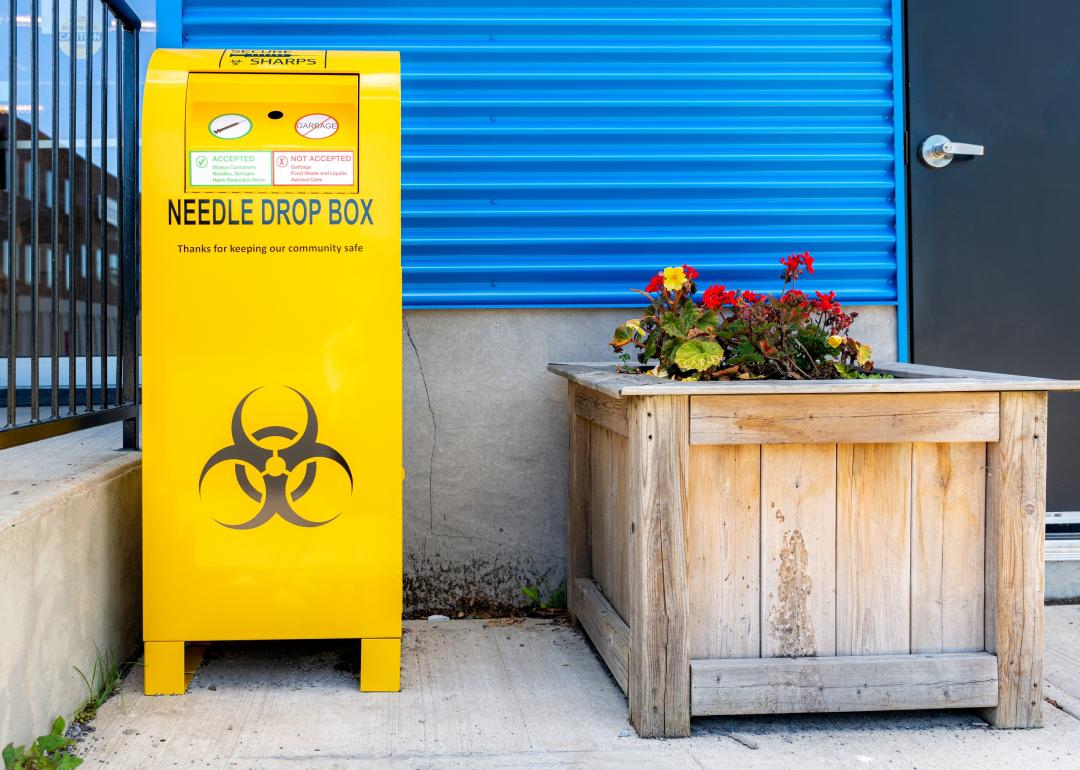How syringe exchanges in Michigan reduce the spread of disease

Despite the lifesaving potential of these kinds of programs, syringe exchanges were federally banned at the national level from 1988 to 2015. A study published in the International Journal on Drug Policy attributes the end of the ban to shifting perspectives and lessons learned during the HIV/AIDS epidemic.
The rise of HIV infection related to the growth of the opioid epidemic in the early 2010s was powerful enough to sway politicians who had been reluctant to embrace syringe exchanges. States in the years since passed their own laws to create exchange programs. Most recently, a bill authorizing community syringe exchanges passed in the Nebraska Legislature but was ultimately vetoed by Gov. Jim Pillen.
Syringe exchanges in Michigan include:
Access Northwest
Mancelona, Michigan
ACCESS Point
Sterling Heights, Michigan
Boots on the Ground
Belleville, Michigan
Cheboygan/Prevention Project
Cheboygan, Michigan
Chippewa County Health Department Syringe Access Program
Sault Ste. Marie, Michigan
Clean Works
Grand Rapids, Michigan
Community Health Awareness Group
Detroit, Michigan
Detroit Recovery Street Team Project
Detroit, Michigan
Exchange Central
Mt Pleasant, Michigan
Harm Reduction - Hamilton Lake Rd
Newberry, Michigan
Harm Reduction - Hombach St
St. Ignace, Michigan
Harm Reduction - Mobile
Mackinac Island, Michigan
Harm Reduction - Prospect St
Munising, Michigan
Harm Reduction - Walnut Street
Manistique, Michigan
HARM:LESS
Clinton Township, Michigan
NEXT Distro - MI
, Michigan
Points of Hope SSP
West Branch, Michigan
Punks with Lunch Lansing
Lansing, Michigan
RIGS Harm Reduction
Ypsilanti, Michigan
St Clair County Health Department
Port Huron, Michigan
The Prevention Project
Alpena, Michigan
Wellness Services, Inc
Flint, Michigan

Critics often argue that needle exchanges promote drug use at the expense of taxpayer dollars, or that they feel unsafe around the people with substance use disorder that use them.
Research conducted over three decades, however, shows that syringe exchange programs provide a benefit to communities, according to the National Institutes of Health.
A 2019 study from the National Bureau of Economic Research found that syringe exchange programs reduced HIV diagnoses by as much as 18%. They've also been shown to save taxpayers money. In Indiana, a state-implemented syringe exchange program is expected to save taxpayers $120 million. People who use syringe service programs are also five times more likely to begin a drug treatment program and three times as likely to quit injection drug abuse, according to the CDC.
This story features data reporting by Elena Cox, writing by Dom DiFurio, and is part of a series utilizing data automation across 46 states.
